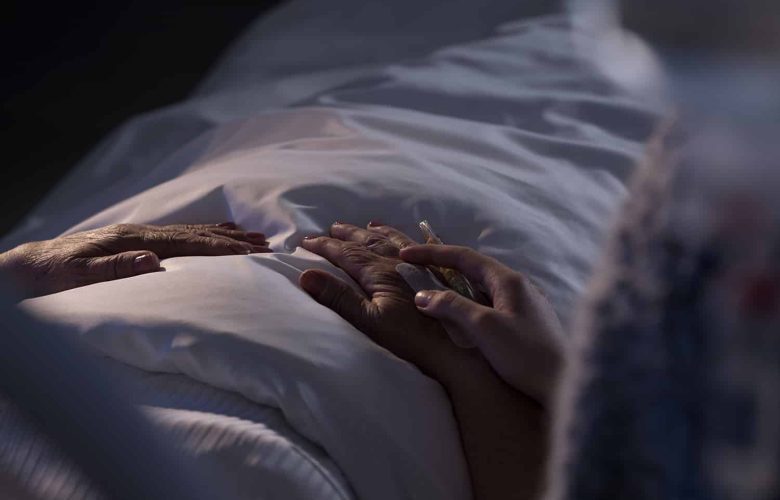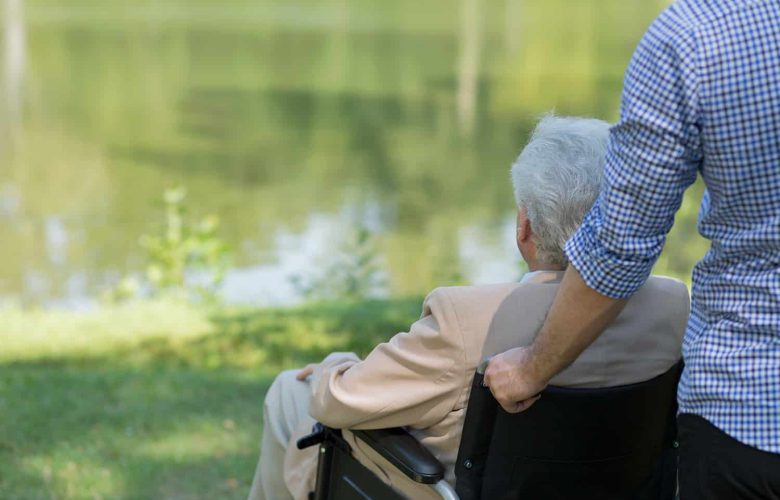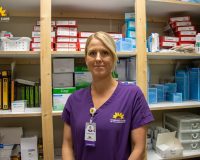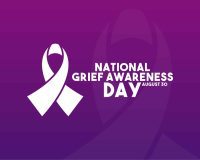You’ve been thinking about your end of life care and have taken measures about your decisions. You’ve read the articles, spoken with family and friends about your options and set up an Advanced Health Care Directive (living will), Advance Health…


Finding yourself in a caregiver’s role can feel daunting, especially in the beginning when you’re faced with a myriad of new responsibilities like medication tracking, medical appointments, and providing comfort care. There’s a certain level of management and organization that…

Dr. Karen Wyatt, M.D., a hospice physician and death awareness advocate, has seen patients in a variety of settings including hospice, nursing homes, and hospitals – and though the level of physical comfort may vary depending upon the care, the…

Doctors in our modern medical system are trained in ways to heal, restore, prolong life, and prevent death. But what happens when there is no more healing, no more restoration, no further prevention available and the only thing being prolonged…

According to the National Alliance for Caregiving and AARP, in 2015 there were approximately 43.5 million caregivers that provided unpaid for care to an adult or child in the last 12 months – with 34.2 million providing unpaid care to…

We spend so much time planning for all sorts of activities in our lives – while we project our lives into the future by planning, hoping, and expecting average daily outcomes, there is one thing that always seems to be left…

We prepare for the end of our life by creating living wills and power of attorneys, but when the dying process actually begins to take place, we still tend to reach for medical technology in the attempt to exhaust all…

Have These Two Health-Related Documents An advanced directive, also known as a living will, and a durable power of attorney (POA), also known as a health care proxy, are the two most important documents you should have for your end-of-life…

Alexa never imagined at 46 years old what her life would be as a full-time caregiver. Her mother, having lived independently for years and still working well into her 80’s, began showing signs of uncharacteristic behavior like confusion, agitation, and decreased physical…



